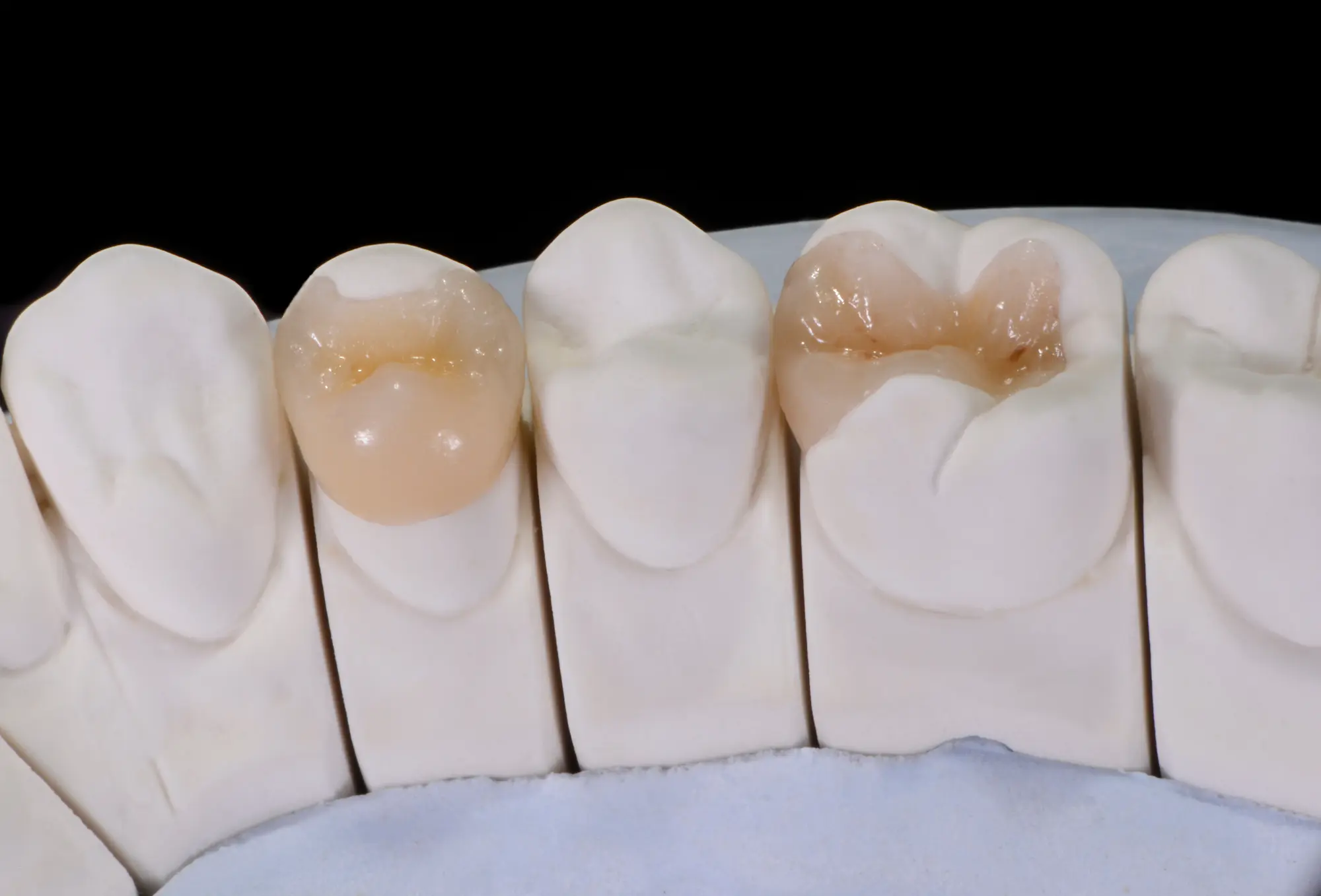
What Happens If You Don’t Fix a Tongue-Tie?
When it comes to your child’s oral health and overall well-being, identifying and treating conditions like tongue-tie (ankyloglossia) early is essential. This often-overlooked condition can have a significant impact if left untreated. From breastfeeding challenges to speech difficulties and oral health concerns, a tongue-tie can affect a child’s quality of life in more ways than one. So, what exactly happens if a tongue-tie goes untreated? Let’s explore the physical, emotional, and long-term consequences of leaving tongue-tie unaddressed—and why early intervention matters.
The Physical Impact of Untreated Tongue-Tie
Infant Feeding Challenges
For infants, tongue-tie can make breastfeeding extremely challenging. A tight or short frenulum restricts the tongue’s range of motion, making it difficult for babies to latch effectively. This can result in:
- Inadequate Nutrition: Poor latching often leads to shorter or ineffective feeding sessions, meaning the baby doesn’t get the nourishment they need to thrive.
- Slow Weight Gain: Insufficient feeding can impact a baby’s weight gain and overall growth.
- Maternal Discomfort: Tongue-tie can cause issues for mothers as well, leading to nipple pain, chafing, and clogged milk ducts due to an improper latch.
Without intervention, these feeding challenges can sometimes force mothers to abandon breastfeeding prematurely, even if they had planned to continue.
Speech and Eating Difficulties in Childhood
As children grow, untreated tongue-tie can impact their ability to eat, speak, and swallow comfortably. Some of the most common challenges include:
- Speech Delays and Articulation Issues: Tongue-tie restricts tongue mobility, which is necessary for proper speech development. This can result in difficulty pronouncing certain sounds, such as “t,” “d,” “z,” “s,” “r,” and “l.” Over time, these speech challenges may require therapy to resolve.
- Eating Limitations: A limited tongue range can make chewing and swallowing food more difficult, particularly for textured or solid foods. This often causes frustration during meals and limits dietary variety.
- Oral Habits: Children with untreated tongue-tie may develop compensatory habits, such as eating only soft foods or chewing with their teeth positioned differently, which can have long-term implications.
Oral Health Complications
The physical effects of untreated tongue-tie extend to oral hygiene and dental development:
- Higher Risk of Decay and Gum Disease: Restricted tongue movement makes it harder to clean food debris and bacteria from the teeth, especially along the gums. Over time, this increases the risk of plaque buildup, cavities, and gum inflammation.
- Narrow Palate and Misalignment: Untreated tongue-tie can contribute to improper oral muscle function, leading to a narrow palate and crowding of the teeth. This may require future orthodontic treatment to correct.
- Breathing Issues: In severe cases, tongue-tie can interfere with proper tongue posture, which plays a key role in maintaining a clear airway. This can lead to mouth breathing, snoring, or even sleep-disordered breathing over time.
The Psychological and Social Impact of Tongue-Tie
Frustration and Low Self-Esteem
The physical challenges of untreated tongue-tie—whether speech issues, eating difficulties, or discomfort—can take a psychological toll on children. When speech delays cause frustration or embarrassment, a child may avoid speaking altogether, which can lead to isolation or a lack of confidence.
Impact on Academic Performance
Communication is critical to a child’s success in school. Untreated tongue-tie can make it harder to express ideas clearly, participate in classroom discussions, or develop social relationships. Over time, these challenges can impact academic performance and social growth.
Social Interactions and Peer Relationships
Children with noticeable speech impediments or trouble eating certain foods in social settings may feel different from their peers. This can lead to:
- Embarrassment during meals or group activities.
- Reluctance to participate in conversations or play.
- Potential bullying or teasing, which can affect emotional development.
Over time, these social challenges can contribute to anxiety, avoidance behaviors, or a decrease in overall self-esteem.
Why Early Intervention Matters
Fortunately, tongue-tie can be treated quickly and effectively with a simple procedure called a frenectomy. Early intervention offers numerous benefits, including:
- Successful Breastfeeding: For infants, correcting tongue-tie allows for a proper latch, improving nutrition, weight gain, and comfort for both mother and baby.
- Improved Speech Development: By correcting tongue mobility early, children can develop proper speech patterns without the need for long-term therapy.
- Easier Eating and Chewing: Children can enjoy a variety of foods without frustration, promoting healthier eating habits and nutrition.
- Enhanced Oral Health: Improved tongue function allows for better oral hygiene, reducing the risk of decay and gum disease.
- Boosted Confidence and Social Skills: With improved speech and eating abilities, children are more likely to engage confidently in social and academic environments.
- Early treatment not only prevents the physical and psychological consequences of untreated tongue-tie but also sets children up for long-term success.
Choosing the Right Provider for Tongue-Tie Treatment
When seeking treatment for tongue-tie in Fairview, it’s essential to choose a provider experienced in pediatric care. At Songbird Pediatric Dentistry, Dr. Breanna Barnes and her team specialize in diagnosing and treating tongue-tie in a calm, supportive environment. Dr. Barnes understands the unique needs of children and ensures that both parents and children feel informed and comfortable every step of the way.
Expert Care for Tongue-Tie in Fairview, TN
If you suspect your child has tongue-tie, don’t wait to take action. Early intervention can make all the difference in your child’s health, comfort, and confidence. At Songbird Pediatric Dentistry, Dr. Breanna Barnes offers compassionate care tailored to your child’s needs.
Give your child the gift of a healthier, happier smile. Call us today at (615) 544-5541 to schedule an appointment or learn more about tongue-tie treatment. We’re here to help your child thrive!


-p-500.png)















